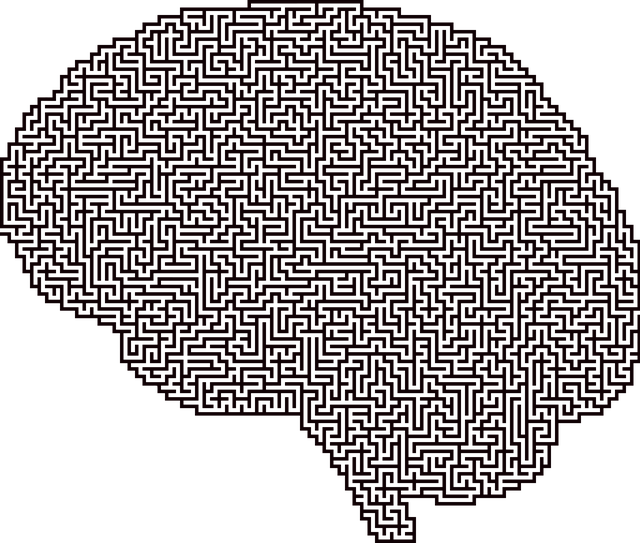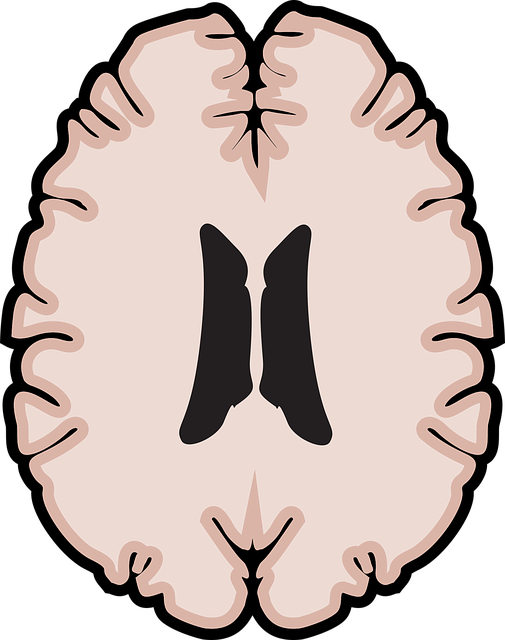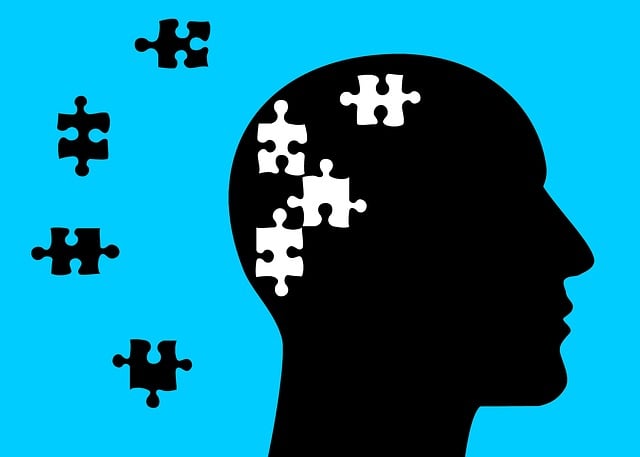In Highlands Ranch, American Sign Language (ASL) Therapy is transforming mental healthcare, particularly for deaf and hard-of-hearing individuals, by bridging communication gaps and improving diagnostic accuracy. Organizations like Stress Management Workshops Organization and Trauma Support Services offer specialized ASL services, empowering patients to manage mood and process trauma. Comprehensive training programs for mental health professionals, including Highlands Ranch's ASL program, enhance diagnosis accuracy, cultural sensitivity, and burnout prevention, leading to better patient outcomes. Technology integration, such as AI and machine learning, further revolutionizes diagnoses by analyzing nuanced expressions captured through innovative communication methods in ASL Therapy.
Mental illness diagnosis accuracy is a critical aspect of patient care, especially in diverse communities like Highlands Ranch. This article explores efforts to enhance diagnostic precision, focusing on unique challenges within the mental health landscape. We delve into the significance of American Sign Language (ASL) therapy in improving access to care for the deaf and hard-of-hearing population. Additionally, we discuss comprehensive training programs, cultural sensitivity integration, and the role of technology in advancing diagnosis methods.
- Understanding Mental Illness Diagnosis Challenges
- The Role of American Sign Language Therapy in Highlands Ranch
- Enhancing Accuracy through Comprehensive Training Programs
- Integrating Cultural Sensitivity for Better Diagnoses
- Technology's Impact and Future Directions for Improved Diagnosis
Understanding Mental Illness Diagnosis Challenges

Diagnosing mental illness can be a complex task, often hindered by several factors that impact accuracy. In Highlands Ranch, American Sign Language (ASL) Therapy plays a pivotal role in addressing this challenge, as it helps to bridge communication gaps between patients and healthcare providers, especially for individuals who are deaf or hard of hearing. Mental health professionals face numerous hurdles, such as the subjective nature of symptoms, overlap of signs across different disorders, and comorbidities that can complicate diagnosis. These challenges are further exacerbated by the need for specialized knowledge, as many mental illnesses manifest differently in diverse populations.
Improving diagnosis accuracy is crucial to ensure effective treatment planning. Public Awareness Campaigns Development, Self-Care Practices, and Mental Health Policy Analysis and Advocacy all contribute to raising awareness about mental illness, normalizing conversations around it, and promoting early intervention. By integrating ASL Therapy into mental health services, healthcare providers in Highlands Ranch can enhance patient understanding, encourage open communication, and ultimately improve diagnosis accuracy for the benefit of the entire community.
The Role of American Sign Language Therapy in Highlands Ranch

In Highlands Ranch, American Sign Language (ASL) therapy is emerging as a powerful tool for improving mental illness diagnosis accuracy, particularly within the deaf and hard-of-hearing community. This unique therapeutic approach bridges the communication gap often faced by individuals who rely on ASL as their primary mode of expression. By integrating ASL into mental health services, healthcare professionals can better understand non-verbal cues and nuances that may be indicative of underlying mental health issues, enhancing diagnostic precision.
The Stress Management Workshops Organization and Trauma Support Services in Highlands Ranch are leveraging ASL therapy to promote mood management and overall well-being. Through specialized workshops and counseling sessions conducted in ASL, individuals can learn effective coping strategies, process traumatic experiences, and communicate openly about their emotional states. This inclusive approach ensures that mental health support is accessible and tailored to meet the specific needs of the deaf and hard-of-hearing population, ultimately contributing to improved diagnosis and treatment outcomes.
Enhancing Accuracy through Comprehensive Training Programs

Mental health professionals play a pivotal role in ensuring accurate diagnoses, which is essential for effective treatment and improved patient outcomes. One significant strategy to enhance diagnosis accuracy involves implementing comprehensive training programs. These programs aim to equip practitioners with an extensive understanding of various mental health conditions, enabling them to interpret symptoms more precisely. By combining theoretical knowledge with practical skills, professionals can navigate complex cases more adeptly.
For instance, the Highlands Ranch American Sign Language (ASL) Therapy program has been instrumental in promoting cultural sensitivity and improving diagnosis accuracy. ASL therapy training helps mental health workers communicate effectively with deaf or hard-of-hearing individuals, ensuring proper assessment and treatment. This specialized skill set expands access to mental healthcare services for underserved communities, addressing potential barriers related to communication and cultural understanding. Additionally, these programs often emphasize burnout prevention strategies, which are crucial in maintaining professionals’ focus and objectivity during diagnosis.
Integrating Cultural Sensitivity for Better Diagnoses

In an increasingly diverse society, cultural sensitivity plays a pivotal role in enhancing mental health diagnosis accuracy. The Highlands Ranch American Sign Language Therapy program is a remarkable initiative that highlights this necessity. By providing services tailored to the unique needs of deaf and hard-of-hearing individuals, it demonstrates how incorporating cultural contexts can lead to more effective treatment. Mental health professionals must recognize the impact of cultural differences in communication styles, symbolic expressions, and even perceptions of mental distress, which can significantly influence diagnosis and treatment plans.
Integrating cultural sensitivity involves not just learning sign language but also understanding the specific cultural frameworks that shape an individual’s experience of mental illness. This approach fosters a deeper connection between therapist and client, enabling more accurate assessments and personalized treatments. By embracing Inner Strength Development and Resilience Building through Mind Over Matter Principles, therapists can create inclusive environments that empower individuals to share their experiences openly, leading to improved diagnosis and ultimately better outcomes.
Technology's Impact and Future Directions for Improved Diagnosis

In the pursuit of enhancing mental illness diagnosis accuracy, technology plays a pivotal role. Advanced tools like artificial intelligence and machine learning algorithms are transforming the landscape of psychiatric assessment. These technologies can analyze vast amounts of data, including medical records, patient symptoms, and even language patterns, to support more precise diagnoses. For instance, Highlands Ranch American Sign Language (ASL) Therapy utilizes innovative communication methods to capture nuanced expressions and behaviors that might otherwise be overlooked, thereby improving diagnostic effectiveness.
Looking ahead, the future of mental health diagnosis lies in integration—integrating technology with therapeutic practices, self-care routine development, and trauma support services. By leveraging digital tools alongside traditional therapy, healthcare providers can offer personalized care plans that boost patient confidence and promote better mental health outcomes. This holistic approach promises to revolutionize how we address mental illness, making diagnoses more accurate and interventions more effective.
Mental illness diagnosis accuracy has seen significant strides with efforts like comprehensive training programs and cultural sensitivity integrations. As technology advances, tools like AI-assisted assessments show promise for even greater precision. Notably, Highland Ranch’s experience with American Sign Language (ASL) therapy highlights the importance of inclusive practices in improving diagnosis across diverse communities. These strategies collectively work towards a more equitable and effective mental health care system.









